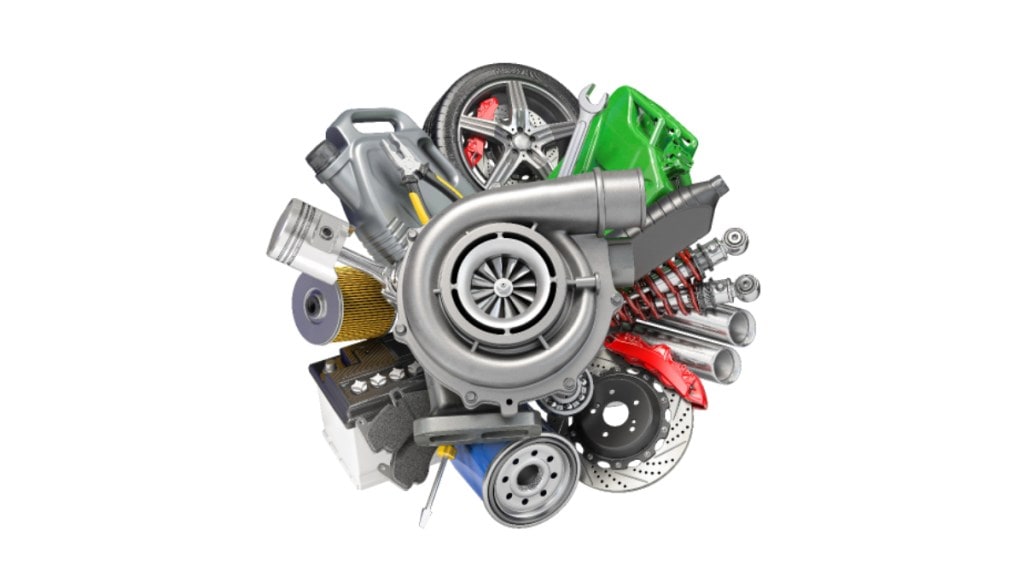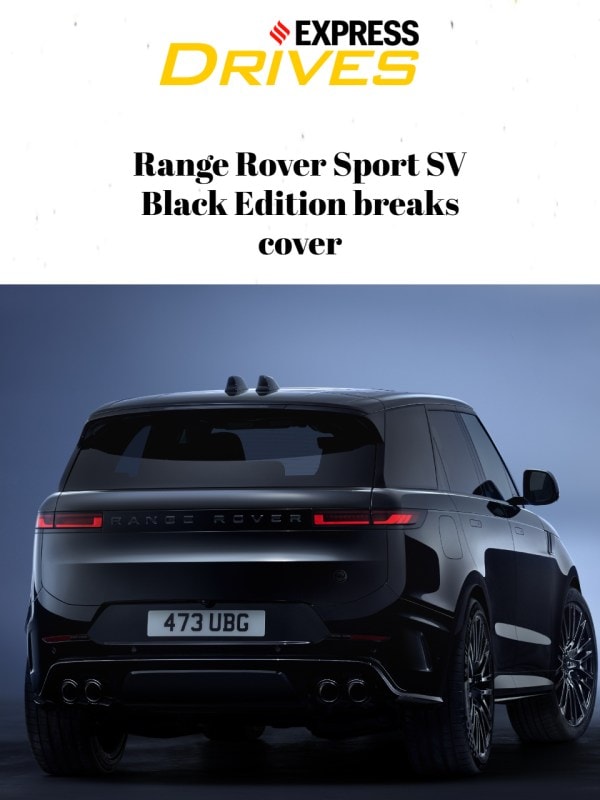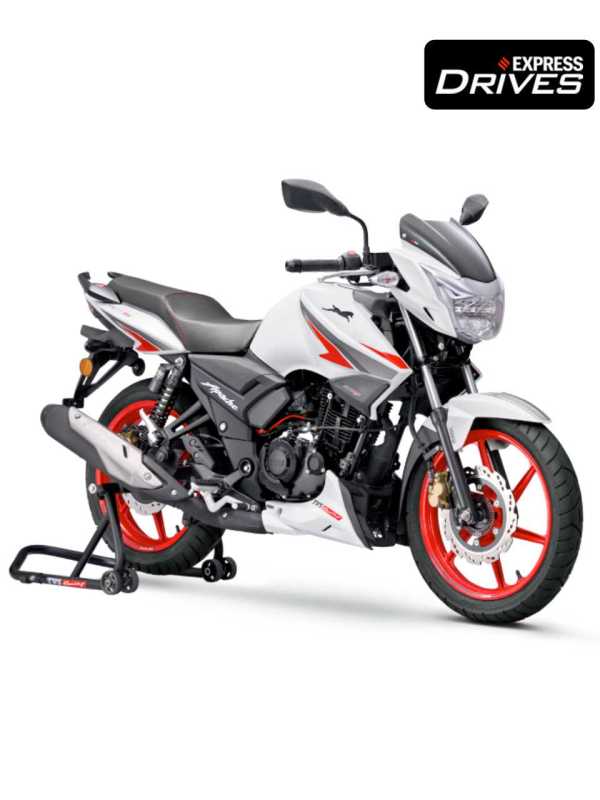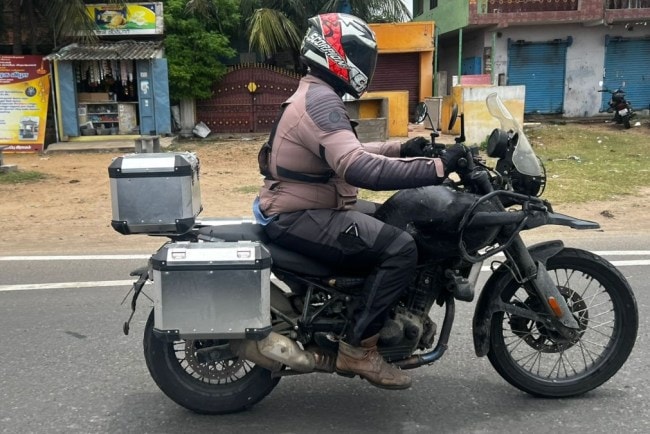By Padmakumar Nair
The automotive industry is no stranger to the menace of counterfeiting, a challenge that has far-reaching consequences. The proliferation of counterfeit auto parts poses significant risks to both consumers and legitimate manufacturers. According to a FICCI report, approximately 20% of road accidents in India result from counterfeit vehicle parts. Fake auto parts warehouses in Indian cities stock easily counterfeitable motorbike, automobile, accessory, and clutch parts. The report also mentions that the government lost Rs 2,200 crore in revenue due to counterfeit auto components, impacting the automotive sector. Manufacturers face significant revenue losses yearly, and combating fakes adds financial strain.
The auto parts sector, an indispensable component of international mobility, is facing a silent yet pervasive adversary – counterfeit goods. The alarming surge in fraudulent parts poses a significant threat to customer safety, industry integrity, and the overall driving experience, casting a shadow over the intricate web of the auto parts supply chain.
Customer Safety & Impact on industry
The primary concern stemming from the infiltration of counterfeit auto parts is the compromised safety of end-users. From braking systems to airbags, the use of fraudulent components can lead to catastrophic failures, putting lives at risk on roads around the world. The urgency to address this issue is underscored by the need to ensure that every part within a vehicle meets the stringent safety standards expected by consumers.
Beyond the immediate safety risks, the prevalence of counterfeit auto parts erodes the very foundations of industry integrity. Genuine manufacturers invest heavily in research, development, and quality control to produce reliable and safe products. Counterfeiters, however, exploit this investment by producing substandard replicas that tarnish the reputation of legitimate brands. This erosion of trust not only impacts consumer confidence but also weakens the industry’s ability to innovate and advance.
Navigating the complex supply chain
The auto parts supply chain is a maze of manufacturers, distributors, and retailers, making it challenging to trace the origins of each component. Counterfeiters thrive in this complexity, exploiting gaps and loopholes to introduce fake parts without detection. As a result, the industry must urgently adopt advanced brand protection measures to safeguard the integrity of the supply chain and, by extension, the vehicles on our roads.
In the battle against counterfeiting, a groundbreaking technology has emerged – Invisible Signatures. Unlike traditional methods, this innovative solution requires no capital expenditure (CAPEX) and imposes no changes to existing processes. The simplicity of implementation is a key advantage, making it an attractive option for auto parts manufacturers aiming to safeguard their brands.
Effective counterfeit detection: By employing invisible signatures, we can systematically track the flow and extent of counterfeit products, enabling a targeted approach to identify key areas and individuals involved. This serves as a potent deterrent, signaling smaller counterfeiters to cease their illicit operations, while simultaneously equipping legal authorities with actionable insights.
Cost-effectiveness: Engaging in legal battles against counterfeiting often involves substantial expenses, with legal costs often surpassing the damages awarded. The use of invisible signatures, offering indisputable proof of authenticity, represents a financially prudent alternative. These invisible signatures serve the brand’s interests by simplifying and reducing the expenses associated with legal actions, especially in instances involving multiple defendants or potential allegations of wrongful seizure.
Geolocation and timestamps for legal assessments: Invisible signatures go beyond mere authentication by providing concrete evidence of the location and time of capture through geolocation and timestamps on photos. This feature proves invaluable in legal assessments, enabling manufacturers to track down the source of counterfeit products and take decisive legal action.
As the auto parts industry grapples with the persistent threat of counterfeiting, adopting advanced brand protection measures is paramount. Invisible signatures emerge as a game-changing solution, offering a covert, easily implementable technology that empowers both manufacturers and consumers in the fight against counterfeit auto parts. By leveraging this innovative approach, the industry can ensure the safety, reliability, and authenticity of auto components, thereby defending the drive for all.
The author is the CEO and Co-Founder of Ennoventure.
Disclaimer: The views and opinions expressed in this article are solely those of the original author. These views and opinions do not represent those of The Indian Express Group or its employees.




















